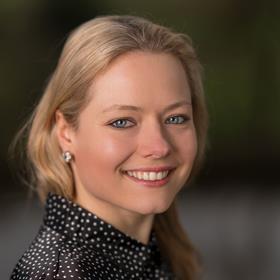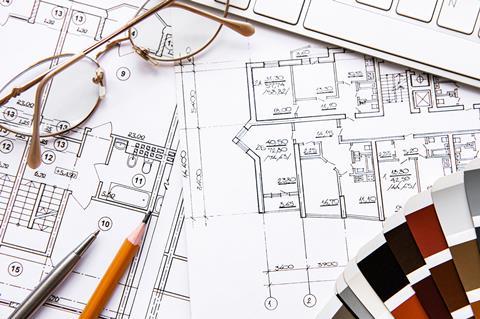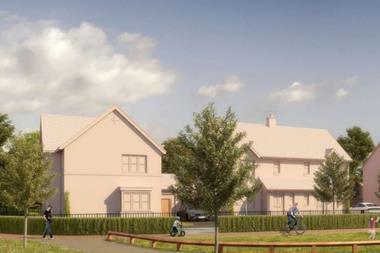The pandemic has undoubtedly highlighted the importance of certain principles of building design: good ventilation strategies; hygienic and easy-to-clean surfaces; the need for high-quality private and common outdoor space; and spaces that are flexible and adaptable.

Yet, these concepts are nothing new: they are the building blocks of architecture, the basic fundamentals of good design, and values that Ekkist was founded on when we set out with the goal of ‘creating healthier places for people to live, work and play in’.
Nonetheless, we are now more aware than ever of how buildings impact us, our health and our wellbeing. So, what does this mean for future design?
One of the most obvious outcomes of the pandemic will be that things we previously thought were good or important will now become essential.
For offices, this could include mechanical ventilation systems with higher air-change rates, built-in filtration systems and ongoing monitoring. Likewise, smart passes and sensors could allow for touch-free access and space-utilisation tracking. Meanwhile, there could be intelligent zoning dictated by task-related requirements rather than departments – for example, collaborative zones to enrich our imaginations and allow us to be creative and cooperate, and silent areas for detailed and focused work.

For homes, this could mean more flexibility in layouts, allowing us to create a range of zones and separate areas when needed through simple design solutions such as sliding or concertina doors. This could also spark a re-focus on minimum space standards and outside space requirements.
Finally, we may see masterplans with a greater range of use classes as we seek to access more amenities closer to home, with buildings that have multiple uses and are not dictated by a single offering or revenue stream.
Regardless of how quickly we come out of the pandemic, our renewed experience of what it means to be at home or at work over the past 12 months will change the way we think about buildings forever – and hopefully for the better.
Olga Turner Baker is co-founder of Ekkist





























No comments yet